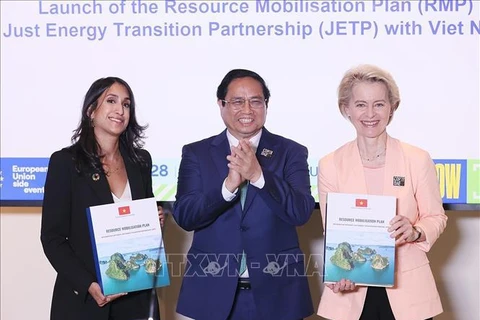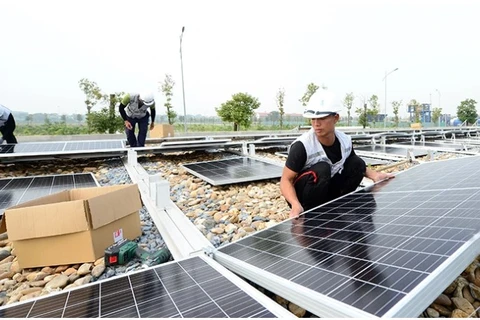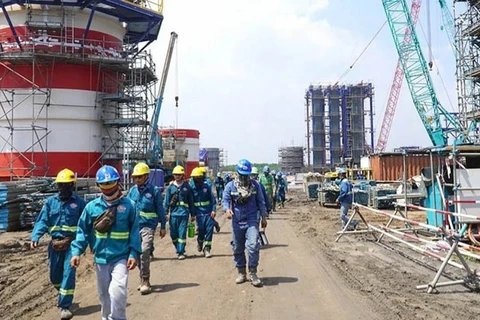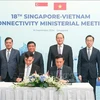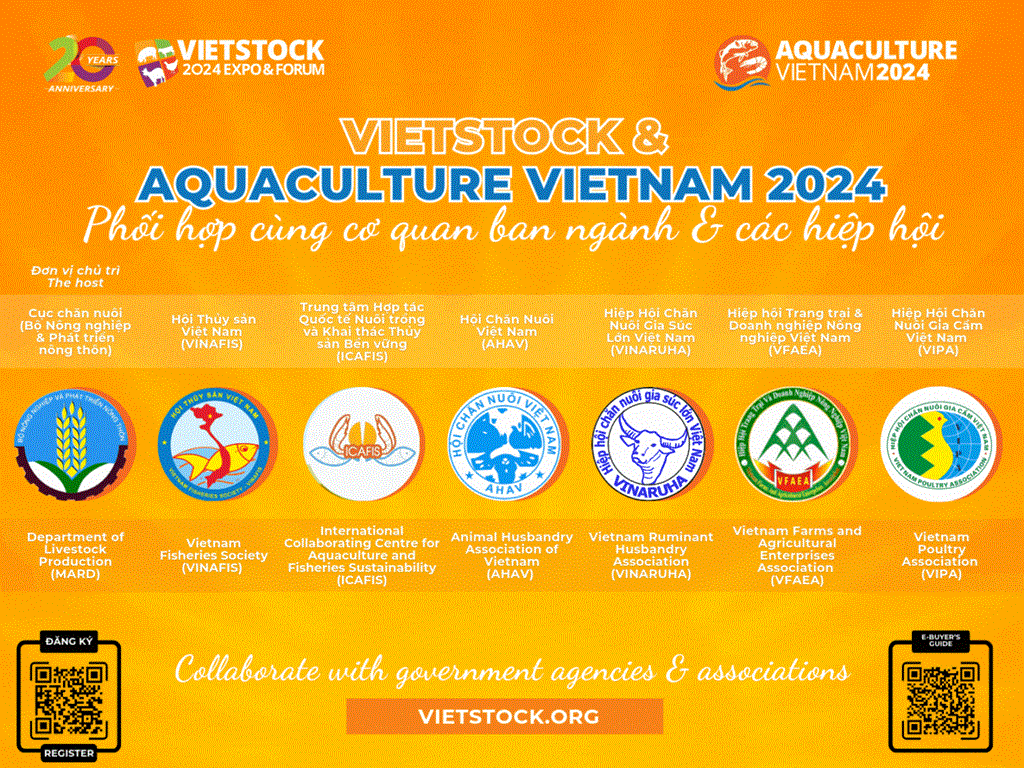Hanoi (VNA) – The Ministry of Industry and Trade (MoIT) has issued a plan to implement a hydrogen energy development strategy, and established 17 major groups of tasks assigned to specific units toward implementation.
At a conference to deploy the strategy at MoIT in Hanoi on February 22, participants said the issuance of the strategy is necessary as it opens up new development opportunities for Vietnam's energy industry in a green, clean, and sustainable direction.
However, authorised agencies need to focus on improving policies and mechanisms and leveraging technological advantages to serve the energy transition process, they said.
Building suitable conversion roadmap
According to Hoang Tien Dung, General Director of the Electricity and Renewable Energy Authority under the MoIT, for the electricity sector, one of the industries with the highest greenhouse gas emissions, transitioning to hydrogen-based energy sources is extremely necessary.
Citing Decision 500 on approving the Power Development Plan VIII, which sets out a roadmap for converting coal-fired power plants to sustainable green energy sources, Dung said that the direction for 2050 is to no longer use coal for electricity generation, completely transitioning to biomass/ammonia.
Meanwhile, Ly Quoc Hung, General Director of the MoIT’s Science and Technology Department, emphasised that the strategy demonstrates the commitment and determination of the Government to transition towards green and clean energy resources in the coming years, and globally-aligned energy development trends.
"We will closely coordinate with relevant agencies to build standards and regulations appropriate to Vietnam's conditions as well as international law," Hung said.
 Minister of Industry and Trade Nguyen Hong Dien chairs a conference to deploy the hydrogen energy development strategy in Hanoi on February 22 (Photo: VietnamPlus).
Minister of Industry and Trade Nguyen Hong Dien chairs a conference to deploy the hydrogen energy development strategy in Hanoi on February 22 (Photo: VietnamPlus). Ngo Son Hai, Deputy General Director of Vietnam Electricity (EVN), informed that in 2023, the group proactively assigned consulting firms to carry out scientific research projects on the overview of the hydrogen market and forecast the development of the global hydrogen market as a basis for the group to develop its next plans.
Currently, the EVN is developing a roadmap and taking solutions for energy transition within the corporation, Hai said.
He proposed establishing mechanisms to support hydropower projects, and ensuring competitiveness with other sectors within the system. He said that this is a new field so it is necessary to develop standardised systems for the hydroelectric generation to ensure safety in the coming time.
Meanwhile, Nguyen Van Niem, Vice Director of the Department of Industry and Trade of the Mekong Delta province of Ben Tre, proposed piloting some moderate-scale projects in potential areas without waiting for specific regulations. This will gradually develop a suitable hydrogen energy market, which synchronises the energy use process in other sectors of the economy such as electricity production, transportation, and industry.
Focusing on perfecting legal framework
Huynh Thi Kim Quyen, General Director of The Green Solutions - the first investor in producing hydrogen in Vietnam in the Mekong Delta province of Tra Vinh, said Vietnam boasts great potential for developing renewable energy as it has a coastline of 3,260 km from the North to the South.
 General Director of The Green Solutions Huynh Thi Kim Quyen speaks at the conference (Photo: VietnamPlus)
General Director of The Green Solutions Huynh Thi Kim Quyen speaks at the conference (Photo: VietnamPlus) Nguyen Viet Son, Head of the MoIT’s Oil, Gas and Coal Department, said the goal set in the Hydrogen Energy Strategy was to develop Vietnam’s hydrogen energy ecosystem based on renewable energy. This includes production, storage, transportation and distribution for domestic use and export. The strategy will ensure energy security and implement national goals on climate change, green growth and net zero emissions by 2050 following the country’s roadmap and commitment to sustainable, equitable and just energy transition.
To effectively deploy the strategy, Minister of Industry and Trade Nguyen Hong Dien requested relevant ministries, sectors and localities to research and promulgate national standards and regulations in the field of hydrogen production, use, storage, transportation and the field of carbon capture/use in accordance with international regulations and standards. They need to build national programmes on science and technology, train high-quality human resources for the hydrogen energy industry and effectively implement programmes to combat climate change and reduce greenhouse gas emissions according to the international cooperation programme.
Groups, corporations and businesses proactively build and adjust their business development strategies and plans, and ensure compliance with the Hydrogen Energy Strategy. They need to increase mobilisation of domestic and foreign capital sources to implement investment projects on hydrogen-based energy, he said.
The MoIT must coordinate with relevant ministries and sectors to focus on research and advising competent authorities to promulgate relevant regulations, mechanisms, and policies. The unit must also monitor and urge the implementation of hydrogen energy projects, he added./.

